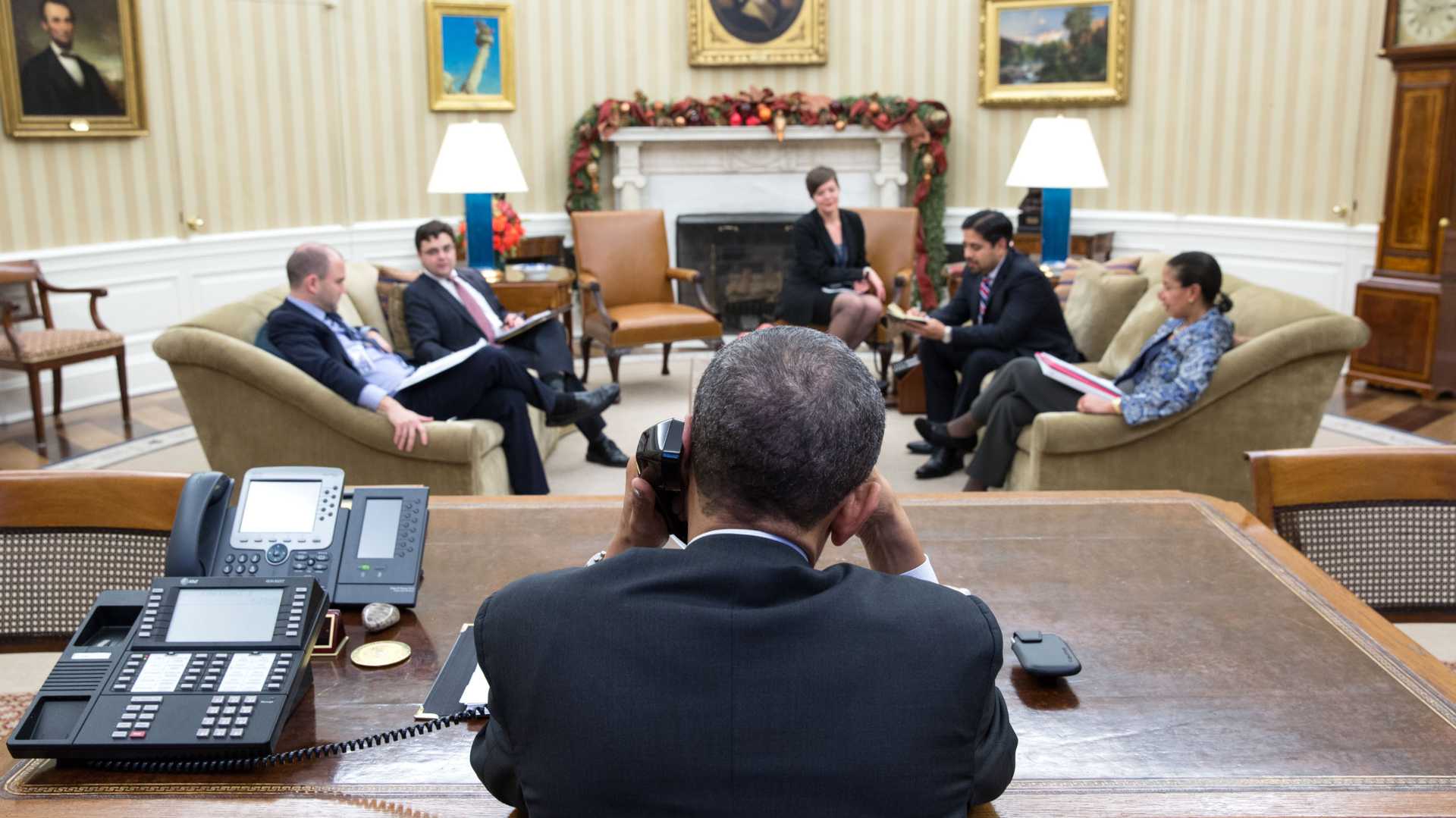Politics
Biden Administration to Remove Cuba from Terrorism Sponsor List

WASHINGTON (AP) — The Biden administration is expected to remove Cuba from the U.S. list of state sponsors of terrorism as early as next week, according to officials familiar with the matter. The decision, which reverses a Trump-era policy, comes amid pressure from human rights groups and activists advocating for improved relations with the communist nation.
The officials, who spoke on condition of anonymity, confirmed the move Tuesday. The White House National Security Council declined to comment on the pending announcement. The decision marks a significant shift in U.S.-Cuba relations, which had deteriorated under former President Donald Trump.
Cuba was first designated a state sponsor of terrorism in 1982 under President Ronald Reagan. The Obama administration removed the designation in 2015 as part of a broader effort to normalize relations. However, Trump reinstated the label in January 2021, citing Cuba’s support for Venezuelan leader Nicolás Maduro and its refusal to extradite Colombian rebels, among other concerns.
Sen. Marco Rubio, R-Fla., a vocal critic of the Cuban government, is expected to address the issue during his confirmation hearing for Secretary of State on Wednesday. Rubio, whose family fled Cuba before Fidel Castro‘s rise to power, has long advocated for sanctions against the island nation.
Sen. Ted Cruz, R-Texas, condemned the Biden administration’s decision, calling it “unacceptable on its merits.” In a statement, Cruz vowed to work with Trump and other lawmakers to reverse the move, arguing that Cuba’s support for terrorism has not ceased.
Human rights groups, including the U.S. Conference of Catholic Bishops, have urged the Biden administration to lift the designation, viewing it as a barrier to diplomatic progress. The move is seen as a step toward rebuilding ties between the two nations, which have been strained for decades.












